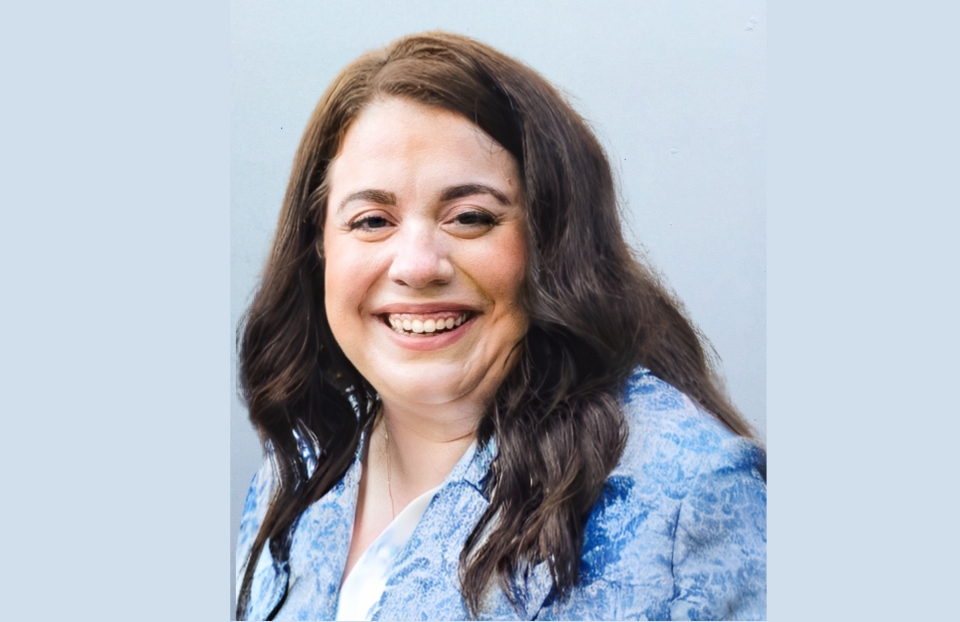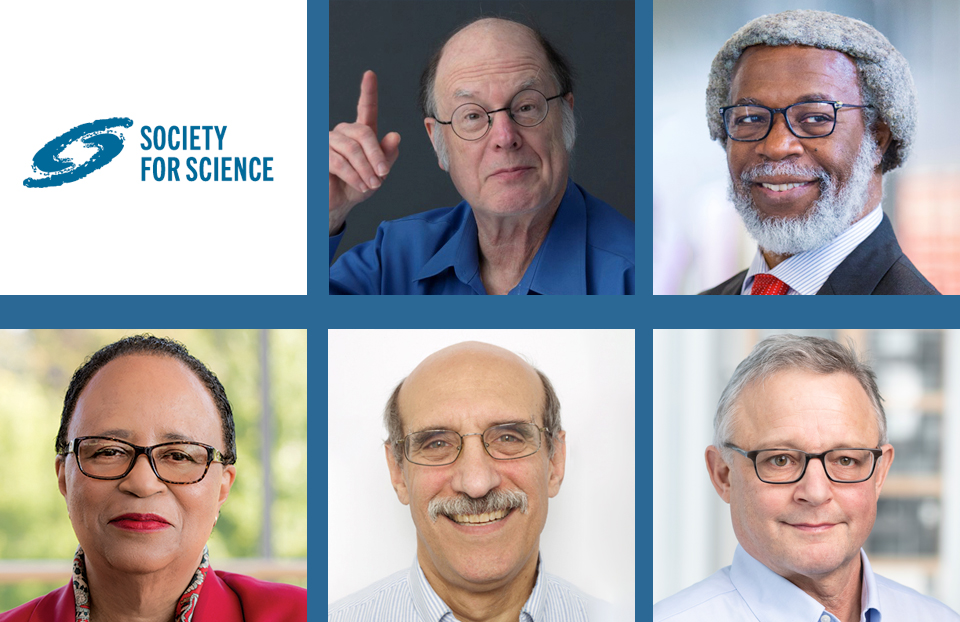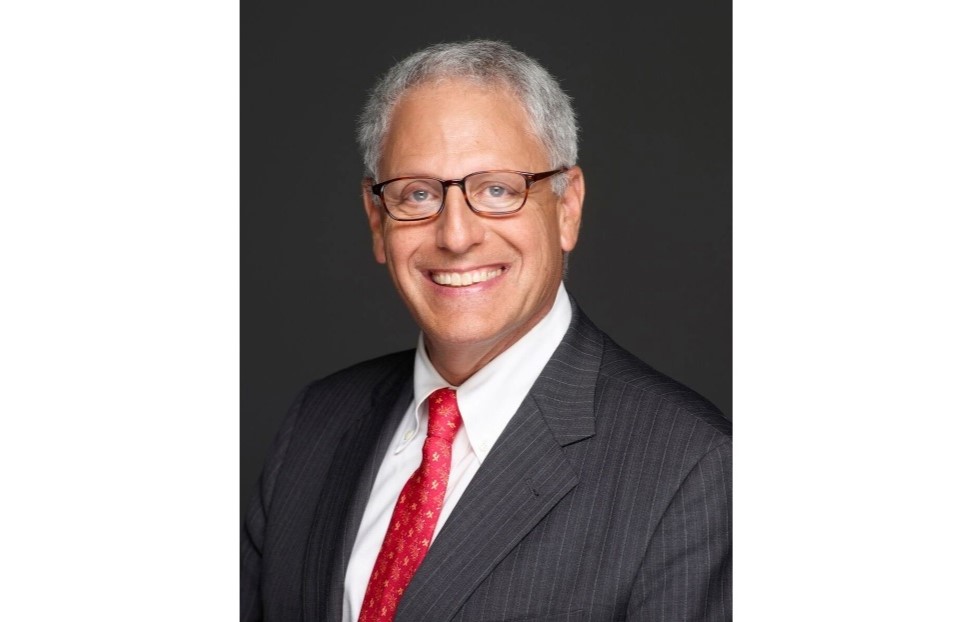Intel ISEF, Intel STS, Society
Intel Study Shows American Teens May Be Asking for a Challenge
According to a recent study by Intel, 51 percent of teens who are not confident in the United States’ math and science abilities believe this is because Americans do not work hard enough. Only a third of teens surveyed blamed lack of funding or school emphasis for poor math and science abilities in the United States, which may suggest they need to be challenged to work harder in the classroom. Additionally, while 85 percent are confident in their own math and science abilities, 90 percent chose a country other than the U.S. when deciding which country was the best at math and science. Almost all of the responders (99 percent) agreed that it was important to be good at math and science.
Shelly Esque, vice president of Intel’s Corporate Affairs Group, said: “These findings raise a lot of questions. Are teens overconfident? Or is it that they are not being challenged enough? At Intel, we believe teens are telling us we need to raise the bar for American students through world-class education standards in every state. And that we need innovative programs that celebrate not just ‘making the grade,’ but taking the challenging courses that will prepare our students for the careers of the future.”
Intel, sponsor of the Society for Science & the Public’s education programs the Intel Science Talent Search (Intel STS) and the Intel International Science and Engineering Fair (Intel ISEF) for more than a decade, conducted the research to offer a student perspective on the complex issues facing American education today and to encourage debate about how best to challenge American teens to excel in math and science. The Society programs Intel generously sponsors inspire students to engage in scientific inquiry outside of a formal classroom setting by doing their own research projects.
“This study suggests that when students know more is expected of them, they can and often do meet that challenge,” said Elizabeth Marincola, president of Society for Science & the Public. “While resources and support are very important, nothing beats a dedicated student who is willing to put the perspiration into their inspiration. It also reinforces the important fact that with determination, students from any environment have the opportunity to distinguish themselves and to leverage their creativity to construct a better life, when they are encouraged to learn and innovate.”
- Read more about this study in Intel’s press release.
- Learn more about the Intel Science Talent Search and the Intel International Science and Engineering Fair.


